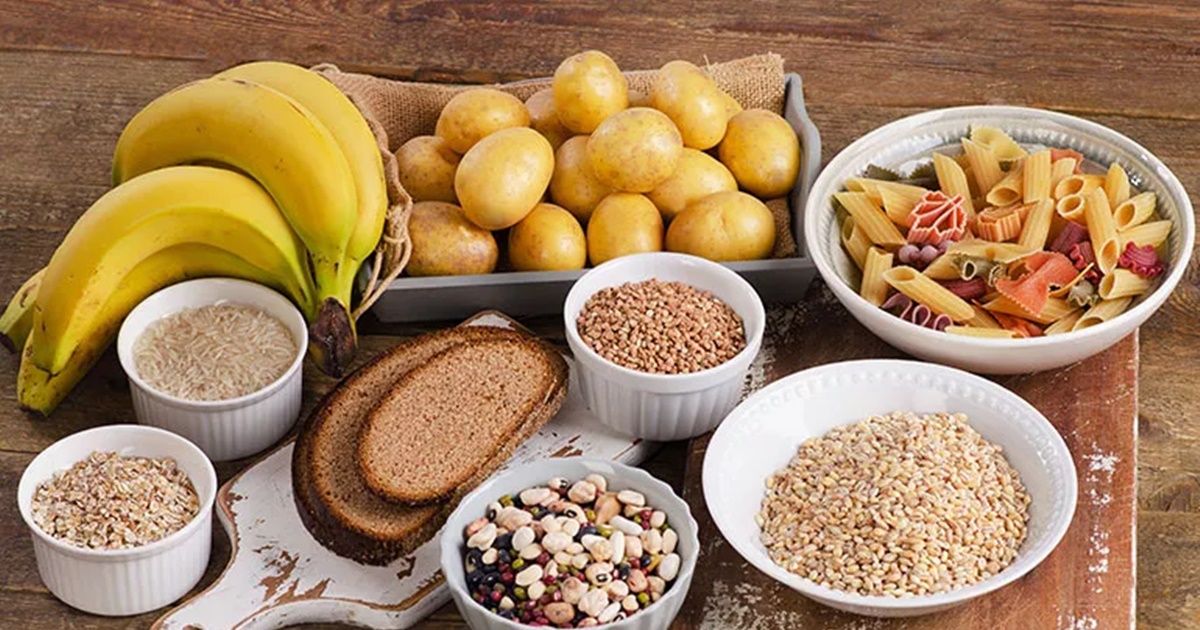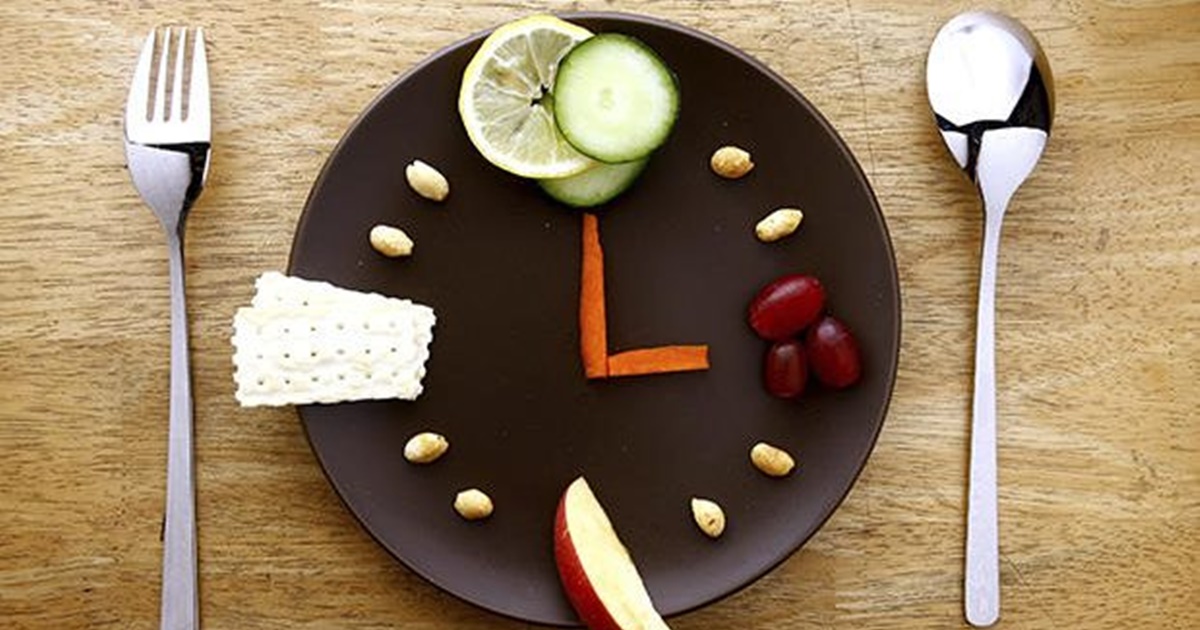Eating healthy food fills your body with energy and nutrients. Imagine your cells smiling back at you and saying: ‘Thank you!’. We often hear about do’s and don’ts when it comes to diet and maintaining a good body. As we approach 2025, we need to be more aware of these things. Eliminating complete food groups can lead to nutritional deficiencies or disordered eating patterns. It can lead to long-term health problems. Here are some of the diet myths which we should know about before proceeding to 2025.
Carbs are bad for health
Carbohydrates are considered unhealthy, but not all carbs are unhealthy. Fruits, vegetables, whole grains provide nutrients and fiber that help in digestion. Cutting carbs can lead to fatigue, poor gut health and nutrient deficiencies. It’s better to focus on healthy carbs such as oats, quinoa, and brown rice instead of completely avoiding carbs.

Detox Teas Cleanse The Body
Detox Teas come up with the promise of cleansing the system but they consist of laxatives which lead to dehydration and and electrolyte imbalances. Liver and kidney detoxify the body naturally and no tea or supplement can outperform these organs. Support your body with a healthy and balanced diet, hydration and regular exercise.
Skipping meals is a healthy way to lose weight
This myth is common that skipping meals can help in reducing weight. Skipping meals can slow down the metabolism and lead to overeating later. It could cause energy crashes and can impact mental focus in a negative manner. It’s best to eat regularly, balanced meals that provide energy throughout the day, promoting healthy metabolism and weight management.

Fat-free foods are healthy choices
People have assumption that fat-free foods are better and healthier option but these products contain added sugars and artificial additives to improve flavor. Healthy fats from nuts, avocados, olive oil are significant for nutrient absorption, brain health, hormone balance. It’s good to include unsaturated fats into diet.
Eating after 7 pm lead to weight gain
Many people think that eating at night leads to weight gain which is misleading. What and how much we eat matters, not the time. A balanced diet snack can prevent overeating the next day. It’s best to focus on overall diet quality rather than imposing strict time-based eating rules.

Every calorie needs to be counted
It’s good to be aware of calorie intake but counting every calorie can lead to stress and disordered eating. Nutrient-dense foods provide more benefits than ultra-processed, low-calorie options as all calories are not equal. Prioritize whole, balanced meals and mindful eating instead of fixating on numbers.
As we enter 2025, let’s leave these myths behind and focus on healthy and balanced diet.

















Comments